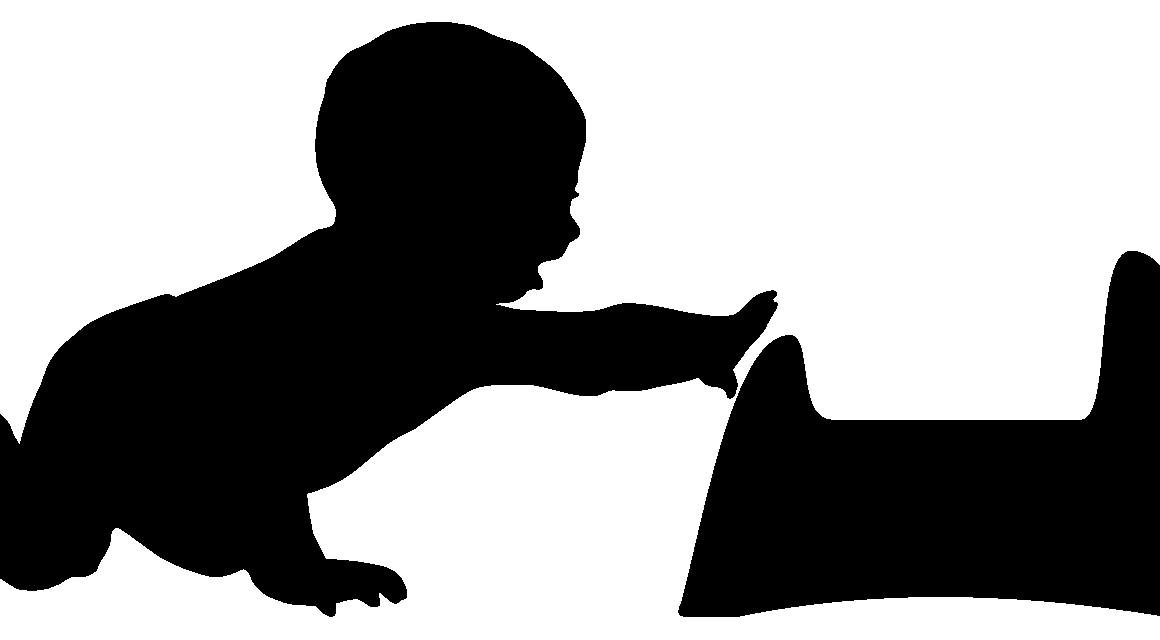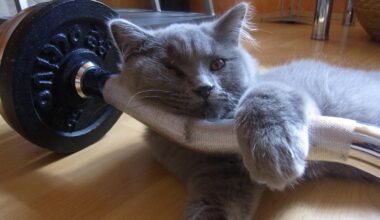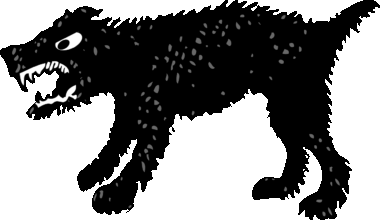Expert Advice on Troubleshooting Stubborn Potty Training Problems
When faced with stubborn potty training accidents, understanding the root causes is essential. Many factors can lead to these issues, including anxiety or fear. Puppies who have had negative experiences while training may resist going outside. Creating a positive atmosphere is vital; reward your puppy with treats and praise when they do their business in the right spot. A well-timed routine is essential for success, too. Establish a regular feeding schedule, as this will help you predict when your puppy needs to go. Observe your puppy closely for signs they need to relieve themselves. Additionally, limit their access to places where they might urinate accidentally. Crate training can be beneficial in this regard. Consider using a designated potty area outside, which can help to reinforce this behavior. If accidents persist despite your best efforts, consulting a vet may provide additional insights. They can check for any underlying medical issues affecting your puppy’s ability to control urination or defecation.
In case of frequent accidents, consider the potential environmental triggers as well. Some puppies can become distracted in busy environments, making it difficult for them to focus on potty training. Minimize these distractions by taking them to quieter, less stimulating areas at first. As they become more competent in potty training, gradually introduce them to busier locations. Furthermore, maintain consistency in your training and supervision methods. If you change your approach, your puppy may become confused and act out accordingly. Remember to clean up accidents immediately and thoroughly, as lingering scents can encourage dogs to relieve themselves in the same spot again. Use enzymatic cleaners specifically designed for pet messes, as these can eliminate odors that attract puppies back to soiled areas. Monitoring your puppy’s progress regularly can help in adjusting your training techniques. Keep track of their bathroom habits and any patterns that emerge. This information can help pinpoint any issues early, allowing for quick interventions to prevent accidents. Always be patient and positive; your puppy’s learning pace will differ from another dog.
Addressing Fear and Anxiety
Puppies may also experience fear or anxiety during potty training which can result in accidents. Identify and minimize these triggers as part of your training strategy. If your puppy seems afraid of outdoor noises or harsh weather conditions, consider more sheltered potty spots. Gradually expose them to these environments in a controlled manner, rewarding them for brave behavior. Using calming relievers or pheromone sprays can ease anxiety and foster a better learning experience. Creating a positive outdoor experience is vital; incorporate playtime or exploration immediately after potty time. This way, your puppy will associate their bathroom time with enjoyable activities. Socialization plays a crucial role in potty training as well. Expose your puppy to various sights, sounds, and interactions to reduce fear responses. Remember, each puppy is unique; understanding their individual needs and responses is key to successful training. Be attentive to their reactions and adapt your approach accordingly. Seek advice from professionals if necessary to address specific fears. This focused approach will foster a comfortable environment for successful potty training.
Another potential cause of potty training accidents is medical issues. Conditions such as urinary tract infections or gastrointestinal problems can hinder a puppy’s ability to control their urges. Regular vet check-ups are essential for young puppies, ensuring early diagnosis and treatment of any health issues. Promote healthy habits by encouraging hydration and a balanced diet, reducing gastrointestinal disruptions. Consult your veterinarian about appropriate food choices. Occasionally, behavioral aspects must be considered; sometimes, puppys may regress in training due to stress, such as moving to a new home or changes in the family structure. Provide your puppy with a stable routine and nurturing environment during these transitions. Discuss these behavioral patterns with trainers or your vet if they persist. They can help identify adjustments that may ease the process. Also, certain breeds are more prone to certain issues; researching your puppy’s breed-specific tendencies can provide insights into effective training strategies. Understanding these medical and behavioral factors is crucial to combating stubborn accidents.
Leashing and Supervision
Proper supervision during the potty training phase is critical. Puppies are naturally curious and can get distracted easily. Keep them leashed while in the house to remain close during potty training sessions. This technique can help prevent accidents because you can guide them toward the appropriate elimination areas when you notice signs. Designate specific indoor spots as potty areas as well. Recognizing these areas can reinforce the training process. When reinforcing good behavior, establish consistent rewards for observing appropriate potty habits. Gradually increase their freedom when they demonstrate reliable elimination patterns. If your puppy has accidents, avoid harsh corrective actions; it can damage trust and lead to more anxiety. Use redirection techniques instead—bring them outside immediately after an accident, then praise them when they successfully relieve. Stay calm, as frustration may only serve to confuse them. Schedule frequent breaks during training sessions, especially after meals or playtime. Breaks promote success while preventing accidents. Additionally, engaging in regular outdoor playtime will stimulate your puppy and contribute to their overall well-being and growth.
Consider keeping a record of your puppy’s potty habits; this will help track their progress. Jotting down when accidents happen, as well as successful moments, can offer crucial data to refine your training process. Patterns may emerge that can provide insight into dietary or environmental adjustments which help alleviate potty training struggles. Share this information with your veterinarian or trainer when seeking assistance to troubleshoot stubborn issues. Routine observation also encourages your enlisting the help of friends or family to keep reinforcement consistent, especially if they share care responsibilities. Having multiple voices teaching the same command strengthens the message and reduces confusion. Over time, consistency in your methods can lead to the success you envision. Some puppies also respond well to having a buddy for potty training—consider adopting another pet if your circumstances allow. However, additional puppies might also mean increased challenges, so evaluate personal situations carefully. Remember that patience and perseverance are key throughout this process; no puppy is the same, and adjustments may be necessary for each unique case. Stay committed for long-term success.
Conclusion on Best Practices
In conclusion, troubleshooting stubborn potty training accidents can feel overwhelming; however, by implementing focused best practices, a smoother transition is possible. Understanding potential factors leading to accidents—including fear, health issues, and commotion—enables you to address concerns effectively. Additionally, stay consistent with your methods, from rewarding successes to emphasizing the importance of supervision. Create an encouraging environment where fundamental lessons become joyful experiences. Always be gentle. Building trust ensures that your puppy remains engaged during training. Commend their attempts and provide positive reinforcement, whether it’s through treats or excitement. Remember, every puppy is on their timeline, and respect their unique pace of learning. These efforts combined can lead to remarkable progress. Consult with professionals as you encounter difficulties; they can offer expert guidance tailored to your puppy’s needs. With time and dedication, your puppy will eventually learn appropriate potty habits, creating a more harmonious home environment. Stay positive and resilient; you are building a great foundation of mutual trust and companionship with your furry friend.
Finally, don’t be disheartened by the occasional setback. Every puppy learns at their own pace; accidents are simply part of the process. Celebrate your achievements along the way; even small successes bear significance. Consider documenting your milestones to track progression and foster motivation. Share these experiences with fellow puppy parents to inspire and create a support network. Engage in discussions online or in-person, as community support can enhance your understanding and provide encouragement. Resources such as trainers and puppy classes deliver valuable insights and strategies that may suit your particular needs. Knowledge sharing can enhance training experiences and lead to accelerated learning. Remember, the bond you foster with your puppy during these stages contributes significantly to your overall relationship moving forward. Practice patience, love, and diligence as you both navigate this rewarding journey together. Maintain an awareness of your expectations while supporting your puppy’s needs. Your efforts will pay off. Keep advocating for confusion-free learning environments, reinforcing autonomy in potty habits, and nurturing your pet’s emotional and physical well-being every step of the way.


